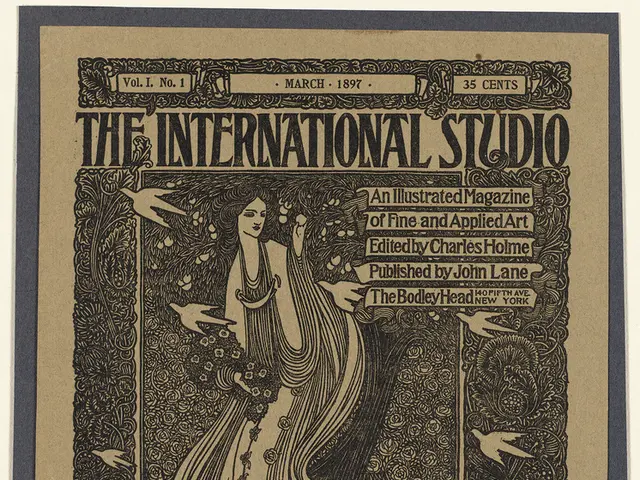Effect of Relationship Attachment Styles on Dating Outcomes
In the complex world of dating, understanding one's attachment style can prove instrumental in forging deeper connections and cultivating healthier, more fulfilling relationships. Attachment theory, a psychological framework, sheds light on how early relationships shape our interactions and connections in romantic relationships. This theory categorises relational behaviour into four primary styles: secure, anxious, avoidant, and disorganized.
Individuals with a secure attachment feel comfortable with intimacy and autonomy. They communicate openly, manage conflict constructively, and establish genuine connections. Secure attachment style is linked to the greatest dating success because these individuals can balance closeness and independence, communicate needs effectively, and respond with empathy during conflicts, fostering trust and emotional safety—crucial for lasting relationships.
On the other hand, those with an anxious attachment crave closeness but often fear abandonment. They may be overly concerned with their partner’s responsiveness and struggle with trust, which can lead to clingy or demanding behaviours that push partners away or create cyclical conflicts. Anxious attachment can impair dating success.
Avoidant individuals value independence highly and often emotionally withdraw when intimacy feels overwhelming. They tend to struggle with vulnerability and may appear distant or emotionally unavailable. This attachment style often results in difficulties forming deep intimacy, reducing relationship satisfaction and stability.
The disorganized attachment style, also known as fearful avoidant, is a combination of anxious and avoidant tendencies. People with disorganized attachment desire closeness but simultaneously fear it, leading to push-pull dynamics and confusing signals in relationships. This style causes the most relational instability due to inconsistent behaviours—seeking intimacy but fearing it simultaneously—leading to confusion and heightened conflict, which undermine trust and connection.
Understanding one's own and one's partner's attachment style can help explain emotional reactions and conflicts in relationships, enabling couples to develop empathy, navigate challenges more effectively, and improve dating outcomes through awareness and therapeutic support if needed. Both partners in a relationship must commit to understanding and respecting each other's needs to cultivate a healthy and balanced connection.
Establishing healthy boundaries is crucial for cultivating a balanced relationship that honours individuality and togetherness. Cultivating emotional awareness is essential for creating lasting bonds in romantic relationships. Finding an ideal match involves identifying partners who complement your style while also encouraging growth. Celebrating each other's wins builds a strong foundation of appreciation and love.
Recognising how attachment styles interplay can help both partners navigate their connection more effectively. Embracing vulnerability can foster an atmosphere of honesty and trust in the dating world. Practising active listening can enhance emotional intimacy and create a safe space for open dialogue. Transitioning from an anxious attachment style to a more secure one requires self-reflection and a willingness to embrace growth.
In conclusion, understanding attachment styles can guide us toward deeper connections and healthier, more fulfilling relationships. By fostering empathy, respecting each other's needs, and cultivating emotional awareness, couples can navigate their relationships more effectively, leading to lasting love and happiness.
- Secure attachment style, characterized by comfort with intimacy and autonomy, open communication, and effective conflict management, is linked to the greatest dating success, fostering trust and emotional safety in relationships.
- Anxious attachment, marked by a craving for closeness and fear of abandonment, can lead to clingy or demanding behaviors that may impair dating success due to trust issues.
- Avoidant individuals, valuing independence highly, often emotionally withdraw when intimacy feels overwhelming, resulting in difficulties forming deep intimacy and reducing relationship satisfaction and stability.
- Individuals with the disorganized attachment style, seeking closeness but fearing it, exhibit push-pull dynamics and confusing signals, leading to the most relational instability due to inconsistent behaviors.
- Understanding one's and one's partner's attachment style can help explain emotional reactions and conflicts in relationships, enabling couples to develop empathy, navigate challenges effectively, and improve dating outcomes through awareness and therapeutic support if needed.
- Establishing healthy boundaries, cultivating emotional awareness, and finding partners who complement one's style while encouraging growth are essential for creating lasting bonds in romantic relationships, celebrating each other's wins, and building a strong foundation of appreciation and love.





